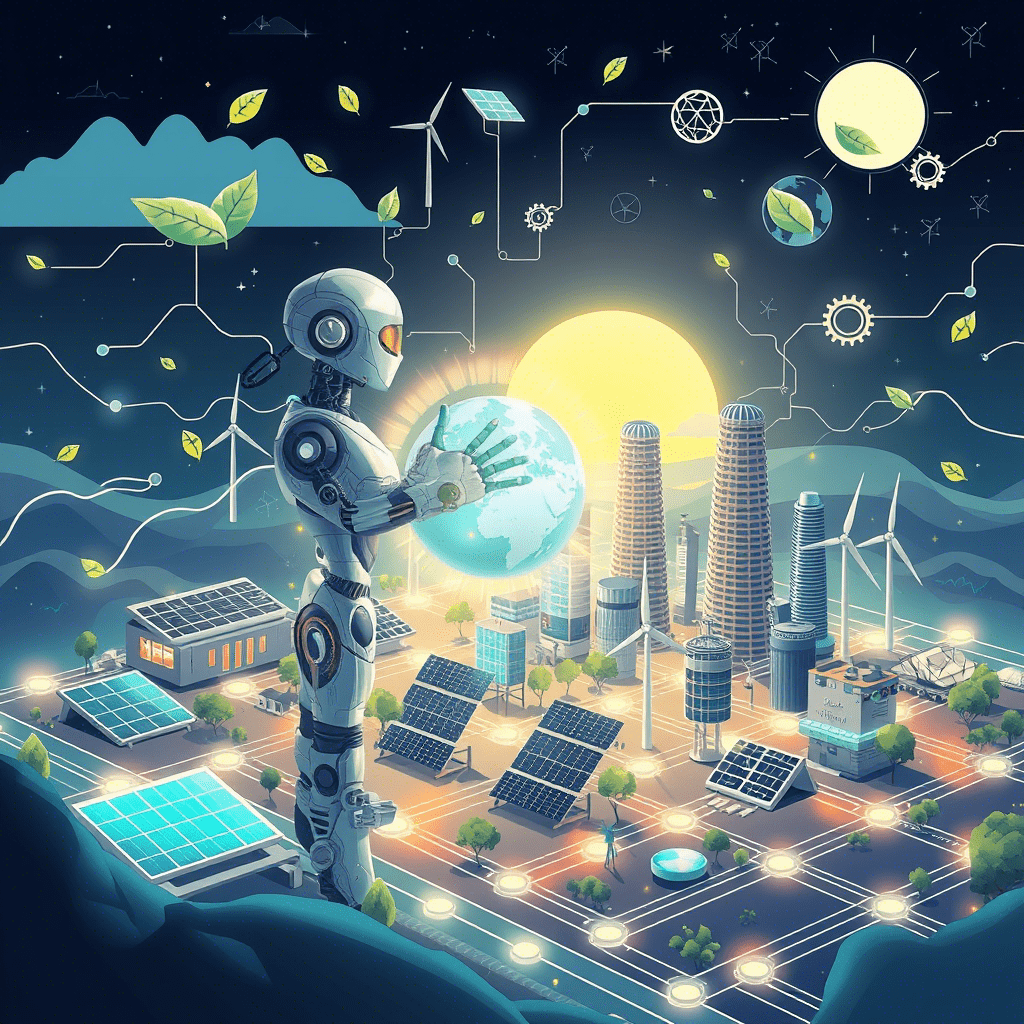As AI’s energy appetite grows, the tech industry is turning to a mix of advanced nuclear technologies, smart grid innovations, and next-generation renewables to meet demand. From molten salt reactors and microreactors to AI-driven load balancing and long-duration energy storage, companies are exploring a diverse portfolio of solutions. Emerging technologies like green hydrogen and fusion, along with streamlined energy policies and private grid development, are shaping a future where clean, reliable power can keep pace with AI’s exponential growth.





